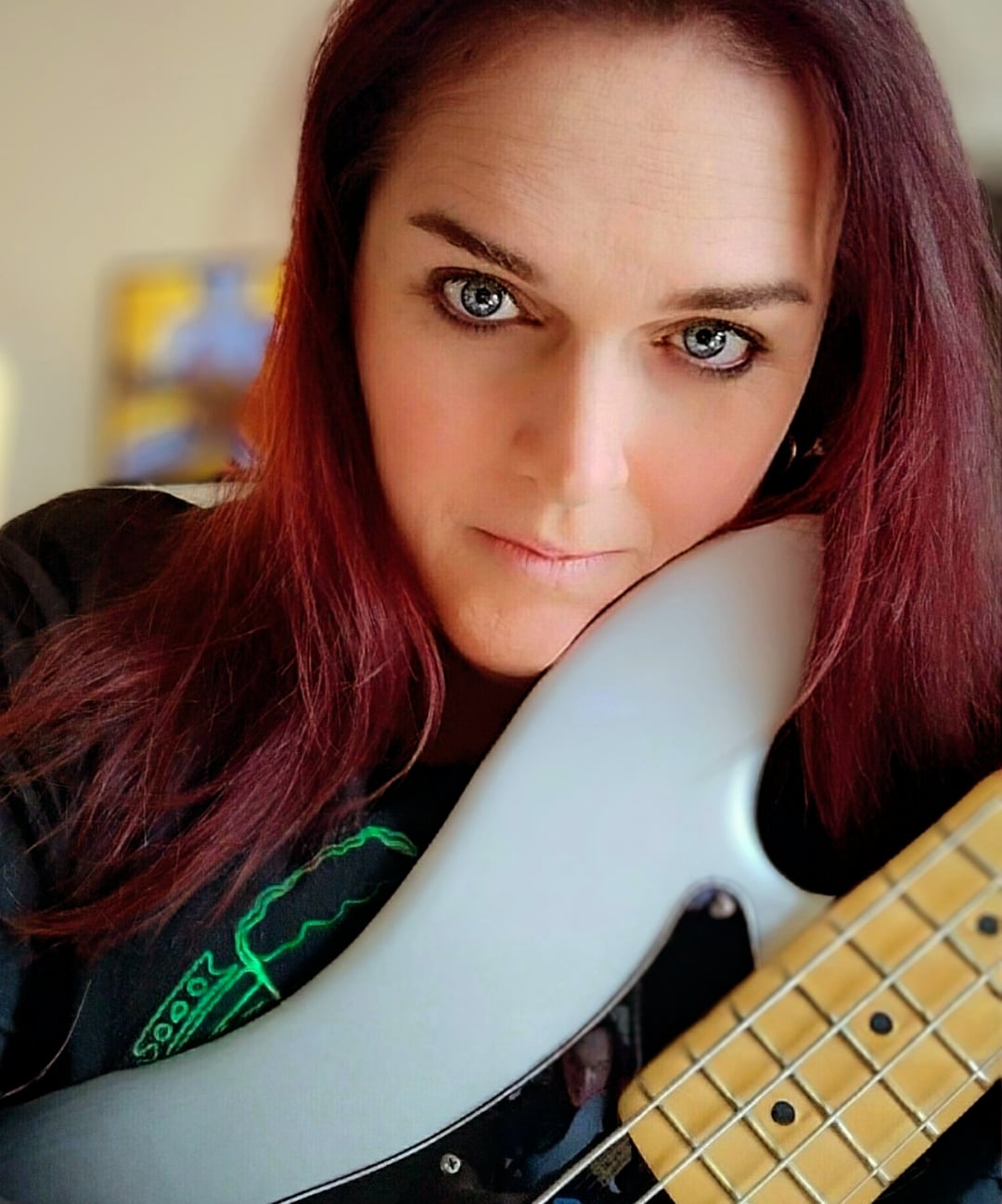11-03-2025
The Power of Social Intelligence
©2025 BTMT - TJ
How to Lead with Awareness, Connection, and Grace
Are you socially intelligent?
Do you have the ability to read the room, connect with others, and move through social situations with ease and authenticity?
True social intelligence is not about popularity. Trying to be liked by everyone drains your energy and blurs your identity. It turns authenticity into performance. Chasing approval often means surrendering your voice just to belong, even to those who have not earned that privilege.
You will never be everyone’s favorite. Some people will misunderstand you. Others will dislike you for reasons that have nothing to do with who you are. The only control you have is how you respond — with self-respect, composure, and grace. That is the heart of social intelligence.
What It Means to Be Socially Intelligent
Social intelligence, often called SQ, is the ability to understand and navigate the emotions, motives, and behaviors of others while staying grounded in your own values. People with high SQ communicate clearly, assertively, and with empathy. They make those around them feel seen, respected, and understood.
Socially intelligent people do not perform; they connect. They do not dominate; they elevate. Their presence makes others feel safe enough to be real.
Here is what sets them apart:
They know how to communicate without creating conflict. They understand the difference between honest expression and provocation. Their words draw others out rather than shutting them down. They offer opinions with balance, never with arrogance. If they sense tension, they give others space to regain footing and dignity.
They can read the energy in a room. Whether they are speaking to a crowd, joining a meeting, or sitting with a friend, they sense when to speak, when to listen, and when silence carries more weight than words. They value good manners not because they are performative, but because they signal respect.
They exercise restraint. Socially intelligent people control their words, emotions, and reactions. They know that not every feeling requires an audience, and not every thought deserves airtime. They pause before they post, reply, or lash out. Their self-control protects their integrity and spares them regret.
They do not chase popularity. Ironically, this is what makes them magnetic. Authentic confidence draws people in naturally — no effort, no performance.
They listen deeply. When they ask how someone is doing, they actually want to know. They stay curious, ask follow-up questions, and give others room to share. Conversation with them feels like being seen, not screened.
They share of themselves with intention. They reveal just enough of their story to create trust and relatability. They understand that vulnerability builds bridges, but they also know when to stop talking and make space for others.
They are never mean. In a world overflowing with outrage and division, they choose kindness. They understand that emotions like fear and anger are valid, yet they do not use them as excuses to harm or humiliate.
They notice those on the margins. Even when they hold the spotlight, they make room for others. They include the quiet person in the corner, the one overlooked or left out, because connection is not complete until everyone feels invited in.
They bring out the best in others. Their influence inspires growth, confidence, and self-belief. That is why socially intelligent people often become the leaders others choose to follow.
Most of all, they leave people better than they found them. Whether delivering praise or constructive truth, they do it with empathy. They understand how their words land, and they take responsibility for that impact. People walk away from them feeling valued, not depleted — seen, not invisible.
The Takeaway
Social intelligence is not about being charming or strategic. It is about being aware. It is knowing yourself well enough to manage your emotions and knowing others well enough to meet them with empathy.
Every interaction becomes an opportunity to build understanding instead of walls, to offer kindness instead of criticism, and to create connection instead of competition.
When you move through the world with that kind of presence, people remember how you made them feel. That is the quiet power of social intelligence — influence through empathy, strength through composure, leadership through grace.
.
.
.
.
.

